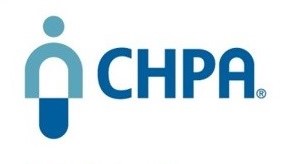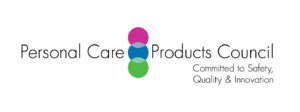Joint Statement from the Consumer Healthcare Products Association (CHPA) and Personal Care Products Council (PCPC) Regarding EWG Annual Sunscreen Guide


Contacts:
Lauren Bloomberg, 202.429.3534, lbloomberg@chpa.org
Lisa Powers, 202.466.0489, powersl@personalcarecouncil.org
“The Consumer Healthcare Products Association (CHPA) and the Personal Care Products Council (PCPC) believe the Environmental Working Group’s (EWG) 2019 sunscreen guide irresponsibly misrepresents the evidence base surrounding sunscreen safety and efficacy. The group’s new report risks creating consumer confusion and fear rather than promoting accurate sun safety and health education as Americans prepare for the Memorial Day holiday.
“Sunscreens are regulated as over-the-counter (OTC) drugs by the U.S. Food & Drug Administration (FDA), and EWG is misrepresenting FDA’s sentiments about current sunscreens following a proposed rule earlier this year when the FDA commissioner stated, ‘our proposed sunscreen rule is just that, a proposed rule…we think with incremental data we can issue final orders on many ingredients solidifying confidence in their safety.’ FDA went on to further stress, ‘the public should continue to use sunscreens with other sun protective measures. Broad spectrum sunscreens with SPF values of at least 15 remain a critical element of a skin-cancer prevention strategy.’
“Sunscreens on the market today are backed by decades of safe use to help adults and children guard against the dangers of excess sun exposure. EWG’s assertion that sunscreen should be a last resort is dangerous. The FDA, the Centers for Disease Control and Prevention (CDC), the U.S. Surgeon General, the American Academy of Dermatology (AAD), the Skin Cancer Foundation, and health professionals worldwide consistently advocate the use of broad spectrum sunscreens as part of a safe-sun regimen. These products play a critical role in the fight against skin cancer.”
###
The Consumer Healthcare Products Association (CHPA) is the 138-year-old national trade association representing the leading manufacturers and marketers of over-the-counter (OTC) medicines and dietary supplements. Every dollar spent by consumers on OTC medicines saves the U.S. healthcare system more than $7, contributing a total of $146 billion in savings each year. CHPA is committed to empowering self-care by preserving and expanding choice and availability of consumer healthcare products. www.chpa.org
Based in Washington, D.C., the Personal Care Products Council (PCPC) is the leading national trade association representing global cosmetics and personal care products companies. Founded in 1894, PCPC’s approximately 600 member companies manufacture, distribute, and supply the vast majority of finished personal care products marketed in the United States. As the makers of a diverse range of products millions of consumers rely on and trust every day – from sunscreens, toothpaste, and shampoo to moisturizer, lipstick, and fragrance – personal care products companies are global leaders committed to safety, quality, and innovation. www.personalcarecouncil.org
